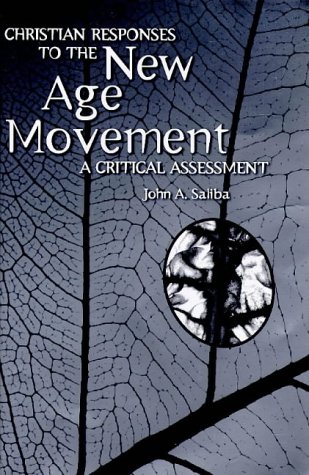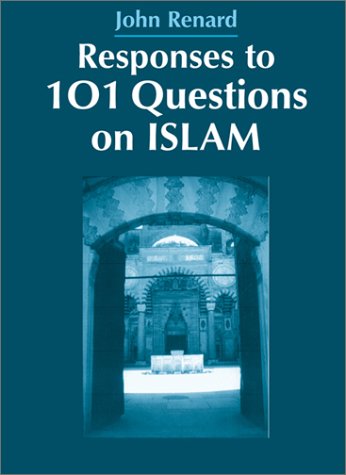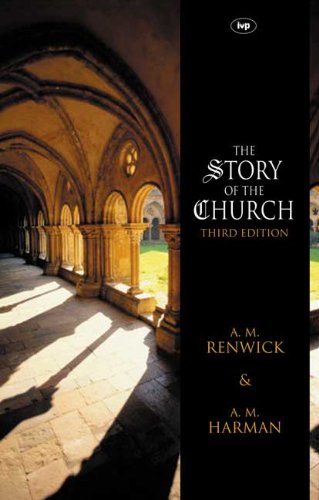Remembered Voices—Reclaiming the Legacy of ‘Neo-Orthodoxy’
Written by Douglas John Hall Reviewed By Paul BlackhamIt is a constant source of amazement that one can go into even an academic Christian bookshop today and find not a single book by the great ‘neo-orthodox’ theologians who transformed the theological task so profoundly in the first half of the 20th century. D.J. Hall has set himself the task of presenting the major lessons that these thinkers have to teach the contemporary church. He lived through the tumult that these theologians created and wants to give an ‘eye-witness account’ of what it was like. For the younger reader it is hard to realise that all these theologians were classified under the same heading as ‘neo-orthodox’ theologians, when their theological concerns and methods were so diverse. Hall tries to show that in spite of their differences they were all reacting to the same historic and cultural challenges, and they all answered these challenges with a similar tone even if their content was diverse.
Rather than provide a comprehensive over-view of each of the theologians, D.J. Hall picks out what he considers to be the key theme that is of enduring significance to the Church.
Karl Barth is shown as trying to set the Church free from the entangling false comforts of cultural-Christianity, Christianity that has become inseparable from European civilisation. The reader is helped to see the strengths of Paul Tillich’s work—the desire for integrated, systematic theological wholeness. Few British theological students are familiar with the work of Reinhold Niebuhr, but Hall takes us into the political and social issues that produced Niebuhr’s indictment of sinful human society. With Dietrich Bonhoeffer, Hall does a great service in freeing him from the clutches of 1960s liberal theology. Bonhoeffer’s theology rejects all religion and insists on the reality of the gospel of the incarnate, physically resurrected Jesus, who is not the negation of the world but the redemption and affirmation of the world.
The great achievement of Emil Brunner is his concept of truth as encounter; truth as something that always lies in the hands of God and can never be a human possession or commodity. H. Richard Niebuhr is shown as a theologian whose christology points a way beyond both liberalism and mere orthodoxy. Finally, Suzanne de Dietrich is presented as a theologian who, like the Reformers, liberated the Word of God for the people of God.
In his conclusion. Professor Hall shares a more distant perspective on these theologians, noting their shared commitments and the way things have moved on up till today. He ends with a plea for the Church to recall the lessons the neo-orthodox taught.
In spite of the book’s strengths, as the book goes on there is a growing awareness that we are meeting Professor D.J. Hall rather than the neo-orthodox theologians. The themes he selects and the way he presents them, with the asides that he makes, progressively build up a picture of the theological agenda of Professor Hall. He is unhappy with classic liberalism, but is unsatisfied with conservative evangelicalism. Although he acknowledges that the book is a personal view, I feel that, unless one is a fan of Douglas Hall, there are other books that do a better job of recalling the treasures of the neo-orthodox theologians.
Paul Blackham
All Souls, London







